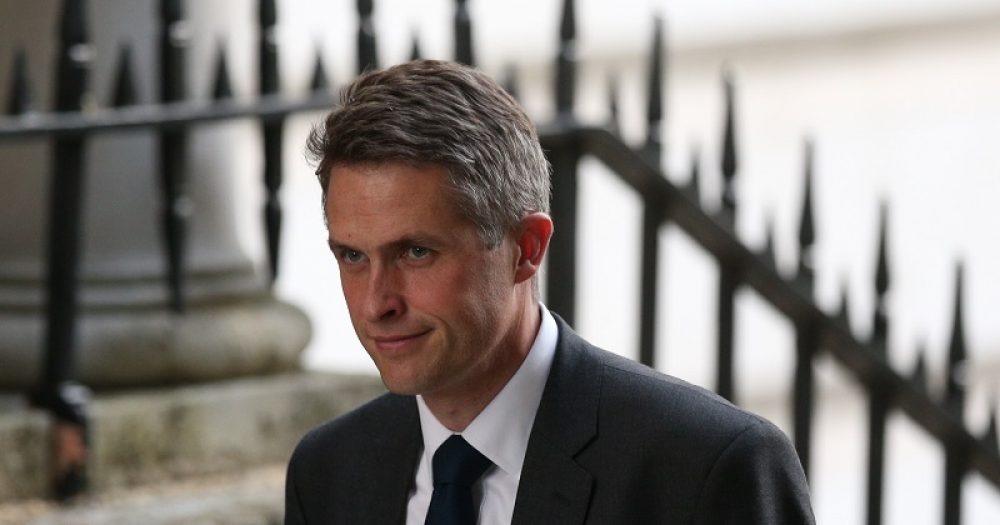The government’s latest free school wave does not allow applications for new alternative provision, despite a major pledge from ministers to encourage and prioritise them.
Gavin Williamson, the education secretary, told The Times earlier this month that opening new schools for excluded pupils would be prioritised.
And when the Department for Education this week launched the new wave it said it “particularly encourages” applications for new AP schools.
If the government can’t deliver on their promises here, what hope do we have for everything else needed to improve AP?
But the government has now admitted that only bids for mainstream free schools will be considered.
Cath Murray, who leads on alternative provision policy at the Centre for Social Justice think tank, said: “Establishing new AP free schools is just a tiny piece of the puzzle – if the government can’t deliver on their promises here, what hope do we have for everything else needed to improve AP?”
She said recent reports showed how stretched high-needs funding was. “AP requires not only capital improvements and workforce development, it needs guaranteed place funding from the Education and Skills Funding Agency to ensure providers can retain and develop their staff from year to year.”
Many in the AP sector saw the education secretary’s pledge as a glimmer of hope, especially after his predecessor, Damian Hinds, earlier this year talked about improving the provision for excluded pupils.
But Schools Week has been told that proposers of new AP schools have to use an existing – and heavily restricted – application round, which is only open to bids in two counties in England.
The special free school application round was launched last year for bids for new special schools and alternative provision.
Local authorities first had to bid for the right to get a new specialist school; the names of 39 successful areas were announced in March.
But only two – Warwickshire and Worcestershire – were successful in their bids to get new AP schools. Sponsors now have to bid for the right to set them up, and have until September 30 to apply.
However, no plans for further special rounds have been announced, and with proposers of AP schools unable to apply through the latest mainstream wave, it is unclear when new provision will come to fruition.
Matt Morris, the headteacher of the North East Derbyshire Support Centre, said the finding exposed how the government’s supposed switch in focus towards AP was “disingenuous at best”.
Hinds launched the free school wave 14 in January, but its official spring start never happened, allowing the prime minister Boris Johnson to announce it on Monday.
In that announcement, the government said it “particularly encourages applications from parts of the country that have not previously benefited, as well as alternative provision and special schools”.
But a note on the government’s website points would-be AP applicants back to last year’s special wave.
The Timpson exclusions review, published in May, found “much variation in the quality of the offer within AP” and called for a “practice improvement fund … of sufficient value, longevity and reach” to boost outcomes.
However the government would only commit to a “practice programme”, with no mention of extra funding.
A DfE spokesperson said Williamson’s ambition on free schools was “clear”, and indicated the next wave would feature a greater focus on AP, rather than this one.
“As we approach a new wave of free schools, he is determined to make a real difference to children and young people with special needs, so parents can choose what’s right for their child so that they thrive, and for children who’ve been or at risk of being expelled from mainstream schools.”



Your thoughts